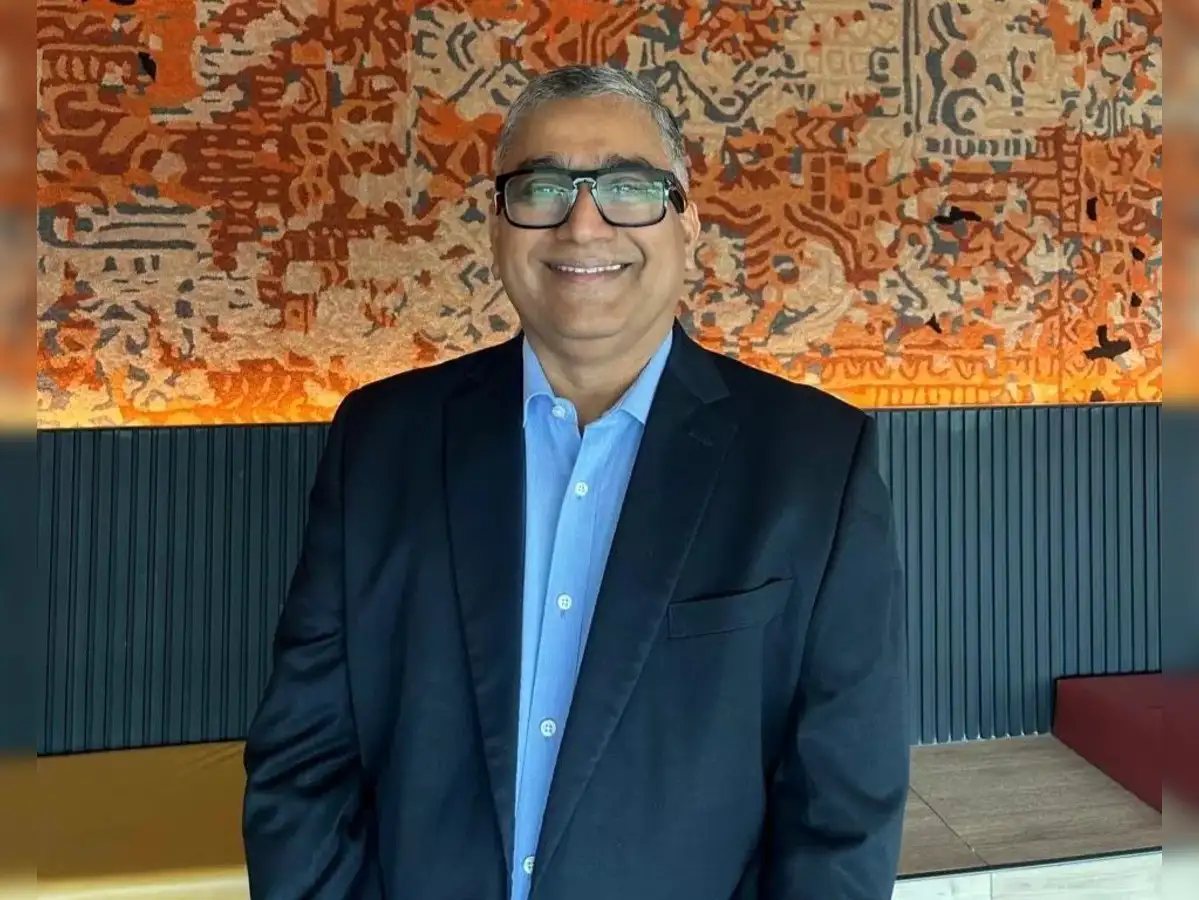 iStock
iStockWhat you eat each day plays a powerful role in determining your long-term health—especially when it comes to cancer. While no single food causes or prevents cancer on its own, consistent dietary patterns can either increase or reduce your risk of developing the disease.A diet high in processed and red meats, sugary beverages, and refined carbohydrates is linked to a greater risk of cancers such as colorectal, stomach, and pancreatic. These foods often promote chronic inflammation, obesity, and insulin resistance—all of which are key contributors to cancer development. Additionally, cooking meats at high temperatures (grilling, frying, or barbecuing) can produce carcinogenic substances like heterocyclic amines and polycyclic aromatic hydrocarbons.
On the other hand, diets rich in plant-based foods—such as fruits, vegetables, whole grains, legumes, and nuts—are associated with a lower risk of many cancers. These foods are packed with antioxidants, fiber, vitamins, and phytochemicals that protect cells from damage, regulate hormones, and support the immune system. For example, cruciferous vegetables like broccoli and cauliflower contain compounds that help the body detoxify potential carcinogens.
Weight also plays a critical role. Obesity is a well-established risk factor for at least 13 types of cancer. Calorie-dense, nutrient-poor diets contribute to excess weight gain, which can fuel hormonal imbalances and inflammation—both of which increase cancer susceptibility.
On the other hand, diets rich in plant-based foods—such as fruits, vegetables, whole grains, legumes, and nuts—are associated with a lower risk of many cancers. These foods are packed with antioxidants, fiber, vitamins, and phytochemicals that protect cells from damage, regulate hormones, and support the immune system. For example, cruciferous vegetables like broccoli and cauliflower contain compounds that help the body detoxify potential carcinogens.
Weight also plays a critical role. Obesity is a well-established risk factor for at least 13 types of cancer. Calorie-dense, nutrient-poor diets contribute to excess weight gain, which can fuel hormonal imbalances and inflammation—both of which increase cancer susceptibility.
In an Instagram video, Dr. Priyanka Sehrawat, MD Medicine and DM Neurology (AIIMS Delhi), shared three ‘culprits’ that can increase the risk of a cancer diagnosis.
Dr Priyanka Sehrawat warned followers to steer clear of heavily fried food items such as cutlets, fried rice, chicken chops, rolls, fried dimsums etc. Fried foods may raise cancer risk as high-heat cooking forms harmful compounds. Additionally, a high-fat diet from frequent frying can negatively affect overall health, contributing to long-term issues.In particular, starchy foods fried at high temperatures can produce acrylamide, a cancer-linked chemical. Similarly, cooking meat at high heat can lead to the formation of harmful substances like heterocyclic amines and polycyclic aromatic hydrocarbons (PAHs), both of which have been associated with increased cancer risk, she argued. Dr. Sehrawat also advised followers to stay away from processed food items—these include packaged, ready-to-eat food items such as soft drinks and frozen curries, as well as processed meats such as sausages. These food items have dyes, additives, and preservatives to help extend their shelf life and look appetising. This can lead to an overall increase in the risk of a cancer diagnosis. Alcohol is a known enemy to the liver. Aside from increasing the risk of several gastrointestinal cancers—such as liver cancer, pancreatic cancer, etc.—it can also amplify the risk of being diagnosed with liver cirrhosis, another life-threatening condition.Ultimately, maintaining a balanced, nutrient-rich diet and avoiding excessive consumption of ultra-processed foods, alcohol, and sugar can significantly reduce the chances of a cancer diagnosis. Combined with regular exercise, avoiding tobacco, and getting routine screenings, healthy eating is a powerful tool for cancer prevention. Making conscious food choices today can shape your health outcomes in the years to come.











